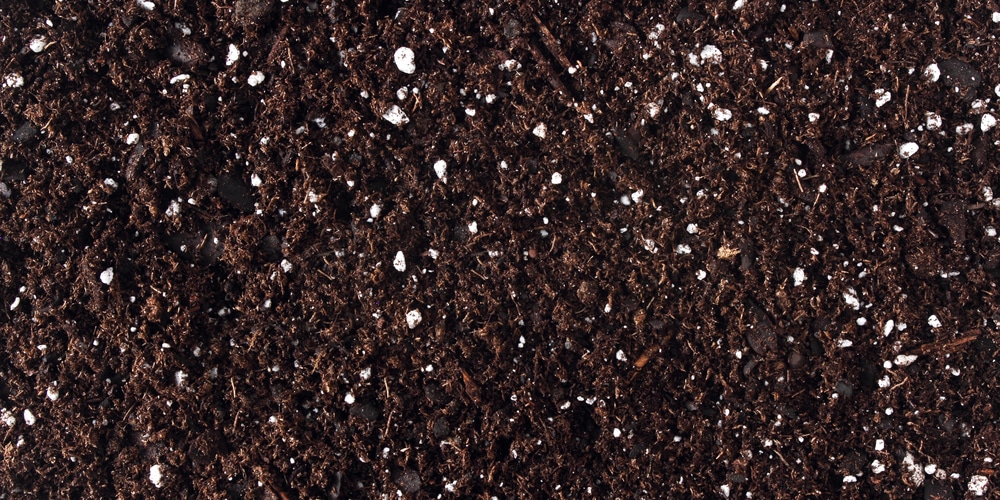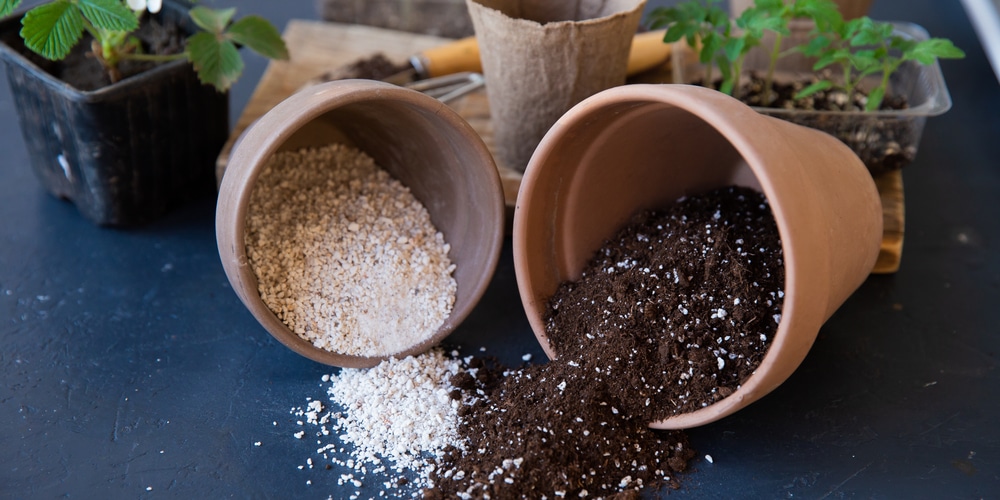If you’ve recently found a bag of old compost hidden in the back of your shed or garage, you may be wondering ‘does potting soil go bad? One of the main things that will determine the success of your garden is the quality of the soil you use.
It’s recommended that you use good quality potting soil when growing plants or vegetables. You can store potting soil for years, and it won’t really go bad unless you expose it to sunlight which causes biological activity. Rather than disposing of old potting soil, you can add some manure or compost to and use the soil.
This article will answer the question, ‘does potting soil go bad?’ We’ll also give you some tips to help you successfully grow plants, flowers, or vegetables, even if your potting soil is older.
Can I still use old potting soil?

Some people claim that growing mediums such as potting soil and peat moss goes bad over time. This is not really the case, though. The organic matter in potting soil will break down over time and release its nutrients, but it will still be usable as potting soil, provided you keep it away from direct sunlight.
In fact, if you have an older bag of potting soil that isn’t performing as well as you’d like, adding some fresh organic matter such as compost, mulch or can help revive it. Don’t toss out your old bag of potting soil, instead recycle it and mix it with new potting soil or organic matter to give it a new lease of life.
How does potting soil change as it ages?
Potting soil that’s old may have fewer nutrients as the organic matter would have rotted down. This means that it won’t be as good for the plants, and you may find that you have a reduction in harvest when using older potting soil unless you use compost to amend the soil.
Over time the texture of the potting compost may also change. This depends on the age of the soil. Moisture levels will also reduce, especially if you live in a warmer climate. These factors may make your potting soil unusable, but in many cases, the soil can still be used.
In general, unopened bags of potting soil can last for between one and two years if it’s stored in a cool, dry place. Open bags can last for a further six months.
How to tell whether potting soil is bad
In most cases, it’s ok to use potting soil that’s been kept for years. However, a few things would indicate that the soil has gone bad and isn’t suitable for use. It’s probably best to throw your potting soil away if it:
It has a foul odor; this indicates that there may be a problem with the potting soil, such as a fungal infection or that it contains rotting matter that may not be healthy for your garden.
If you notice insect infestation when you open the bag of potting soil. The soil is very dense or has been compacted. This may indicate that it’s very old and has dried out.
You could try adding some water to the potting mix, and it may improve the texture, making it useable. You should also note that most plants don’t grow well in compacted soil as it’s hard for their roots to penetrate the earth. To solve this problem, you may be able to mix a new bag of potting compost with the old.
Finally, if your old potting soil has been infected by some kind of disease that will spread to plants if it’s used, it should be thrown away. If your potting soil has been stored near plants that have been suffering from diseases such as fungal infections, then this may be the case.
Conclusion
Potting soil does go bad, but it’s not time that hurts it, it’s the conditions in which it is stored.
Although potting soil does decompose over time, it will not go bad unless it is exposed to sunlight. Adding fresh organic matter to an older bag of potting soil can help revive it. Don’t toss out old bags of potting soil as they are most likely still good enough to use. You should, however, access the condition of the compost before using it. Don’t use old potting soil that smells bad, is infested with insects, may have been near plants or soil that are suffering from a disease such as fungal infections, or is very compacted.
